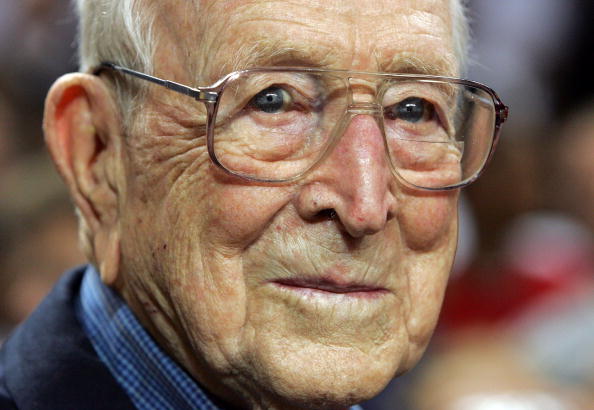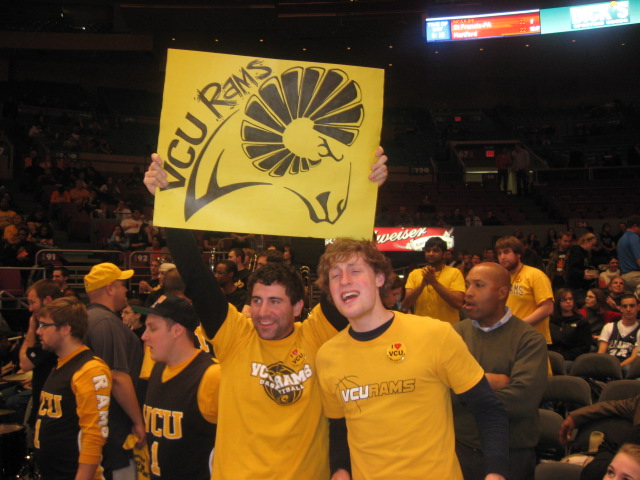Posted by rtmsf on July 26th, 2011
It’s an ancient debate in college basketball — which would you rather have: experience or talent? Most coaches will quickly answer, “both,” but in today’s 1-and-done era of hoops, building a stacked team of juniors and seniors is not as possible as it once was. John Wooden once famously said, “I’d rather have a lot of talent and a little experience than a lot of experience and a little talent,” and although he usually had bushels of both on hand at UCLA, his sentiment has come to define the attitude of most modern-day coaches. John Calipari at Kentucky is the poster boy for recruiting grade A talent that he knows is likely to only spend a single season in Lexington, taking the stance echoed by Wooden that if he has enough ballers at his disposal, he can push them over the top to a Final Four and (presumably) a national championship. On the other hand, a history of the 1-and-done era has shown that even though teams with Kevin Loves, Derrick Roses and Brandon Knights occasionally break through to the final weekend, they don’t win national championships. Experience, rather than pure talent, seems to carry more weight in early April.

Did Wooden Have It Right on Experience vs. Talent?
So which is preferable, and which has more actual, on-court value to elite teams? Our friends over at Burnt Orange Nation recently took a stab at answering this question, and while several of the findings generally support common basketball sense, there was one item that stood out upon our review of BON’s well-considered post. First, the findings that support what we all fundamentally know:
-
BON found that there is a correlation between SRS (
Simple Rating System, a metric of success showing how far above the scoring margin mean a team plays) of elite teams and the percentage of the available minutes played by a top 30 RSCI recruit. In other words, having better talent playing on the roster generally makes teams better.
-
Interestingly, BON found that there was no correlation between the SRS of elite teams and the percentage of the available minutes played by RSCI recruits rated from #31-#100. Therfore, at the elite level of basketball, it is only the elite recruits who tend to impact teams’ success.
-
BON also showed there is a correlation between the SRS of elite teams and total minutes of experience. Put simply, the more returning minutes a team has, the better it should be.
But it was the following finding by BON that provided something completely new and interesting: A rough way to quantify the relationship between talent and experience among elite teams:
In a typical college basketball season, a starter earns about 1100 minutes played, and plays about 15% of the total minutes for his team. Using our regression model, getting a player with a top 30 RSCI ranking into the starting lineup has a slightly lower, but similar effect on predicted SRS as does returning one player who has started for two seasons, or two players who have each started for one season. Adding an additional top 30 recruit to the starting lineup improves the predicted SRS by about 2 points.
Read the rest of this entry »
| randomness
| Tagged: kentucky, ncaa tournament, recruiting, texas, unc
Share this story













































